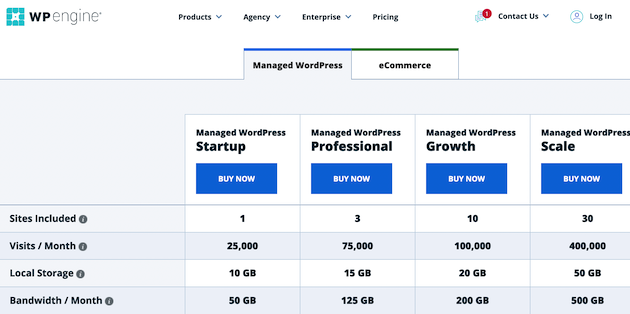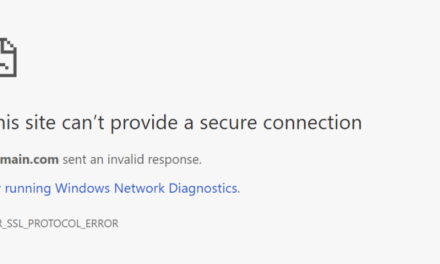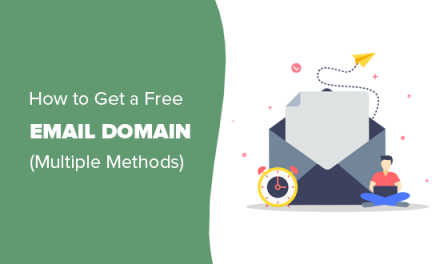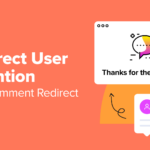Managed WordPress hosting is a popular option among site owners. This service stands out for its speed, reliability, and performance. However, you might be wondering if this is the right solution for you.
By looking at the cons of managed WordPress hosting, you can decide if it’s the best option for your website. Price and flexibility are some of the factors that could affect your decision.
In this article, we’ll take a closer look at managed WordPress hosting. Then, we’ll explore the downsides of this service and discuss why it’s still a good option for some users. Let’s get started!
An Introduction to Managed WordPress Hosting
There are different hosting options for WordPress websites. These include shared hosting, Virtual Private Servers (VPSs), and dedicated hosting. Another popular option is managed WordPress hosting:

This hosting plan uses servers that are specifically designed for WordPress. As a result, it can provide a faster and more secure service than other types of hosting.
When you opt for managed hosting, your web host will handle certain tasks for you. For example, you might get automatic updates and backups. Some web hosts will also offer a free Secure Sockets Layer (SSL) certificate to help keep your data safe.
Moreover, some managed WordPress hosting plans come with additional security features. For example, WP Engine offers a managed Web Application Firewall (WAF), protection against DDoS attacks, and more:

With managed WordPress hosting, you might even get better site performance. For example, your web host might use a Content Delivery Network (CDN). This way, when a user visits your site, the content is delivered from the server that’s geographically closest to them. This can help reduce latency and contribute to faster load times.
The Cons of Managed WordPress Hosting
While managed WordPress hosting comes with a lot of benefits, there are also some downsides to using this service. Let’s take a look at some of them.
Higher Prices
The price of managed WordPress hosting can be a big turnoff for site owners. While shared hosting plans are very affordable, with some options costing less than $3.00 per month, managed hosting tends to be a little pricier. This is because you’ll be paying for managed services, like backups and updates, and better site performance.
If you have a site that receives small amounts of traffic, you might want to look for a more affordable hosting plan. Likewise, if you don’t mind handling your own WordPress maintenance tasks, you don’t need to choose a managed service.
Limitations on Add-ons
WordPress plugins are add-ons that extend the functionality of your site. However, some managed hosting providers see plugins as a threat to the safety of your site. Therefore, they might block access to these tools for security reasons.
For example, your web host might not allow you to use third-party caching plugins on your site. This can be very frustrating if you want to have full control over your content.
On the other hand, unmanaged hosting gives you more freedom and flexibility when it comes to customizing your site. However, you’ll be responsible for your own site’s security.
Automatic Updates
If you’re using managed WordPress hosting, you might not have control over your site updates. Your service provider might automatically update your website to the most recent version of WordPress without notifying you.
However, you might want to wait to make sure that the new version is stable before updating. Sometimes, updates may contain glitches that can break your site. They might also contain security issues that could put your content at risk. Therefore, if you want to run your own updates, managed WordPress hosting might not be the right option for you.
No Domain Name and Email
Most managed hosting providers don’t offer domain names or custom email addresses in their plans. This might pose a problem to users who want to build business sites or professional portfolios.
Therefore, you may need to pay extra for a domain name and email address. You could purchase them from a third-party service, like a domain registrar. Alternatively, you might want to opt for a hosting plan that includes a free domain and email.
Why Managed WordPress Hosting Might Still Be a Good Option
While there are some downsides to managed WordPress hosting, it can still be the right solution for your site. When it comes to speed and performance, this service is one of the best options available. The built-in caching and CDNs mean that your site will perform better than others.
Additionally, if your website gets hacked, your provider should be able to restore your content. With managed WordPress hosting, you’ll have a team of experts that are ready to help you with any issues.
Managed hosting is also a good option if you’re not comfortable configuring the WordPress software and customizing your server. If you don’t want to worry about site optimization or maintenance, paying a few extra dollars a month could be worth it.
WP Engine offers a managed hosting solution that prioritizes speed, security, and performance:

This can be an excellent choice for businesses that receive large amounts of traffic. When you use a fast and reliable hosting service, you can ensure that your site runs smoothly at all times. It can also help you increase your conversions and drive more traffic to your site.
Conclusion
When you opt for managed WordPress hosting, your host will handle several tasks for you, including backups and updates. However, knowing the downsides of this service can help you decide if it’s a good option for your site.
To recap, here are the cons of managed WordPress hosting:
- Managed hosting is more expensive than other options.
- You might be limited on what plugins you can use on your WordPress site.
- Many hosting providers will automatically upgrade to the latest version of WordPress, which can break your site.
- Most managed WordPress hosting plans do not include a domain name and email address.
Do you have any questions about the cons of managed WordPress hosting? Let us know in the comments section below!











